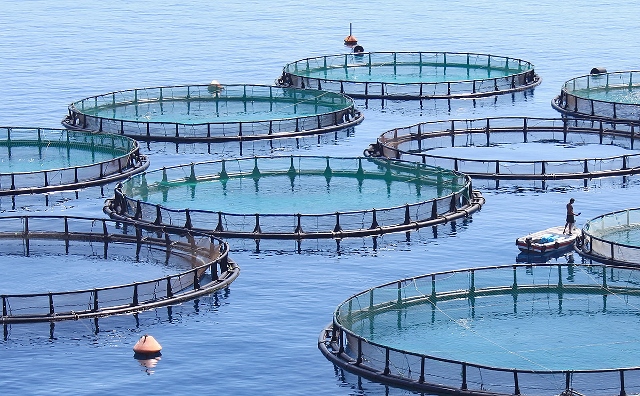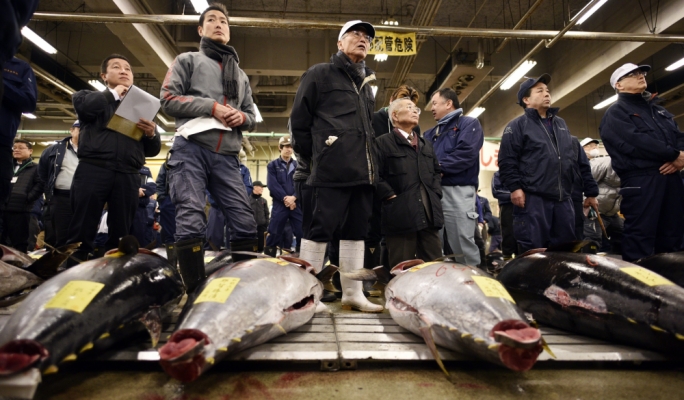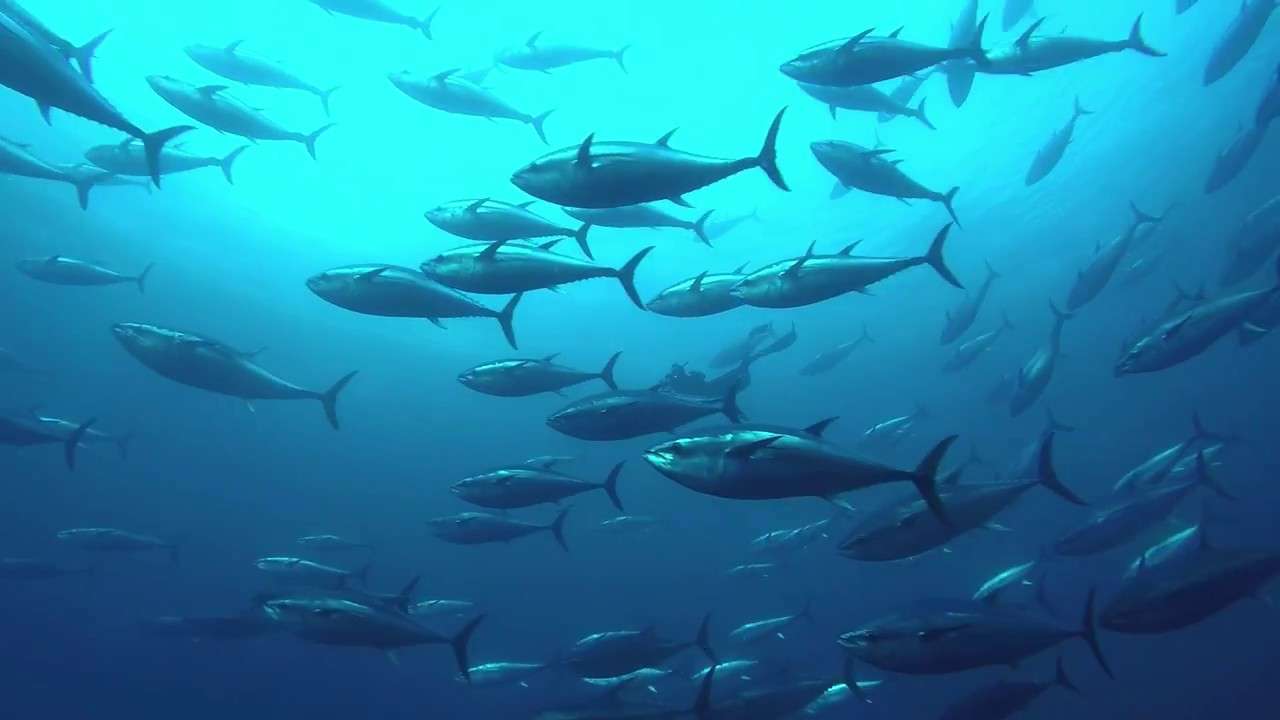Table of Contents
ToggleTuna Fishing and the Fish Farm Industry in Malta
A Double-Edged Sword for the Economy
Malta, with its central position in the Mediterranean, has always been tied to the sea. Fishing has been a livelihood for generations of Maltese, and one of the most significant and controversial aspects of this industry today is bluefin tuna fishing and farming. The tuna industry is not only a vital economic contributor to the country but also a point of contention for environmentalists, regulators, and even the public.
In this article, we’ll dive into the history of tuna fishing in Malta, how fish farms have changed the industry, and what impact this sector has on Malta’s economy and reputation.
The History of Tuna Fishing in Malta
Traditional tuna fishing in Malta goes back centuries. Generations of fishermen relied on the abundance of bluefin tuna, a highly prized species, especially in Asian markets. Traditionally, the Maltese fishing fleet would catch tuna seasonally, working in smaller operations that supported local livelihoods.
Things began to change in the late 20th century when global demand for bluefin tuna skyrocketed, especially from Japan, where the fish is a delicacy in sushi and sashimi markets. The price of a single large tuna could reach tens of thousands of euros, and in some cases, hundreds of thousands. This massive economic opportunity placed Malta in a central position within the Mediterranean tuna industry.

The Rise of Tuna Farming in Malta
Rather than catching tuna for immediate sale, Malta became a leader in what is known as tuna ranching or farming. Here’s how it works: wild tuna are caught at sea using large purse-seine nets and are transferred to offshore pens. These pens, located just outside Malta’s coast, are where the tuna are fattened up for several months until they are ready for export.
Malta’s tuna farming industry really took off in the 1990s and early 2000s. With its strategic location, deep waters, and relatively stable sea conditions, Malta became one of the largest exporters of farmed bluefin tuna in the Mediterranean. Most of this tuna is destined for Japan, which remains the world’s largest consumer of bluefin tuna.

Economic Impact of the Tuna Industry
The tuna industry has grown into one of the most lucrative sectors of Malta’s fishing economy. Estimates suggest that bluefin tuna exports bring in hundreds of millions of euros annually, a staggering figure for a small island nation.
Direct Benefits:
Employment: Fish farms, transport companies, and support services employ hundreds of workers.
Export Revenue: Tuna is Malta’s single largest fishing-related export, dominating the sector.
Related Industries: Fuel suppliers, port services, and logistics companies all benefit from tuna operations.
Indirect Benefits:
Foreign Investment: Japanese buyers and investors often work directly with Maltese operators, creating strong trade ties.
Tourism Synergy: Fishing villages and ports benefit from increased activity and business opportunities linked to the tuna trade.

Challenges and Controversies
While the economic benefits are significant, tuna farming is not without its controversies.
Environmental Concerns
Tuna pens are located offshore, but their presence is visible along the Maltese coastline. Waste from the farms, including uneaten feed and fish excrement, can affect water quality and marine ecosystems. Swimmers and divers sometimes report murky waters near farm locations, which can affect Malta’s image as a pristine Mediterranean destination.
Another concern is sustainability. Bluefin tuna is considered an endangered species, and while quotas are enforced by international regulators such as ICCAT (International Commission for the Conservation of Atlantic Tunas), there are ongoing debates about overfishing and the ethical implications of tuna farming.
Public Perception
Maltese citizens have mixed feelings about tuna farms. On one hand, they recognize the economic value. On the other, many worry about the environmental footprint and the negative effect on tourism, especially when farm waste washes up on beaches.
Regulatory Scrutiny
Over the years, Malta’s tuna industry has come under the spotlight for allegations of mismanagement and illegal practices, such as underreporting catches. Stricter EU regulations and monitoring have since been put in place, but the industry continues to operate under tight international scrutiny.

Balancing Economy and Sustainability
The challenge for Malta lies in balancing the enormous economic potential of tuna farming with environmental protection and international obligations. The Maltese government, along with industry players, has been working on better regulation, stricter enforcement of quotas, and improved waste management systems.
Investments are also being made into research and innovation, such as closed-cycle aquaculture, where tuna would be bred and raised in captivity rather than caught in the wild. Although still in experimental stages, this could represent a more sustainable future for the industry.
The Future of Tuna Farming in Malta
Malta’s tuna industry is unlikely to disappear anytime soon. The demand for bluefin tuna, particularly in Asia, remains high, and Malta has positioned itself as one of the leading players in the Mediterranean. However, the sector will need to continue evolving:
Cleaner Practices: Better waste management and stricter regulation will be critical to preserving Malta’s marine environment.
Sustainability Focus: Adoption of more sustainable practices will ensure long-term industry survival.
Diversification: The fishing industry in Malta may need to look at diversifying its aquaculture beyond tuna, such as sea bream or sea bass, to reduce dependency on a single species.
Ultimately, Malta’s tuna farming industry is both a symbol of opportunity and a reminder of the delicate balance between economic gain and environmental responsibility. As long as global demand persists, Malta will continue to play a central role in this billion-euro industry — but its future will depend on how well it can safeguard both its seas and its reputation.
Tuna fishing and farming in Malta showcase the nation’s ability to leverage its geographic location and maritime heritage into a globally significant industry. The financial benefits are undeniable, with tuna exports contributing heavily to the national economy. Yet, the environmental and reputational challenges cannot be ignored.
As Malta moves forward, it must ensure that economic prosperity does not come at the expense of its natural environment and tourism sector. The tuna industry will remain a cornerstone of Malta’s fishing economy, but its sustainability will depend on innovation, regulation, and responsible management.



